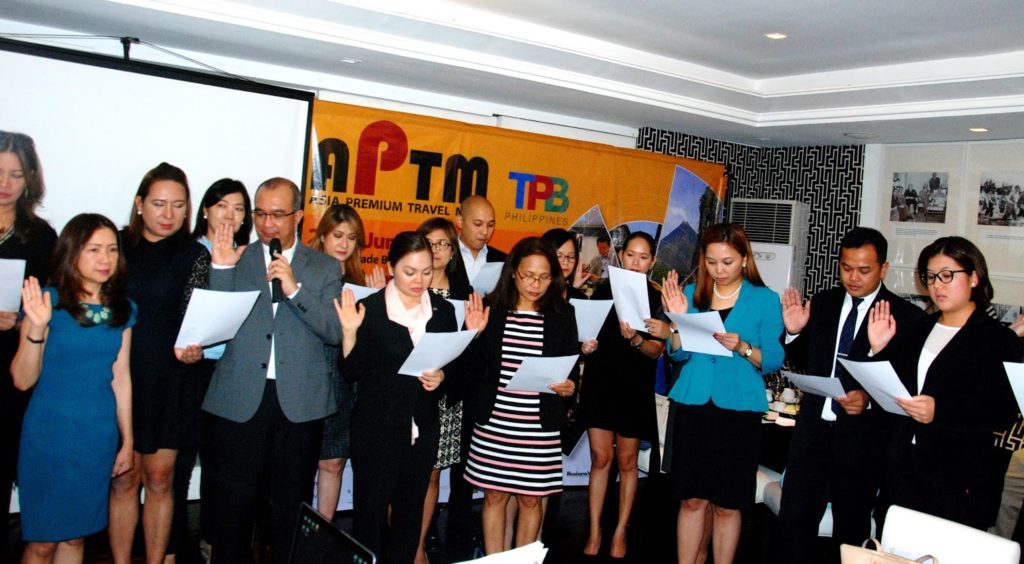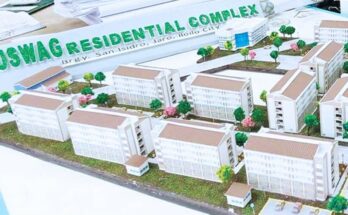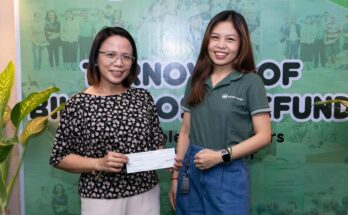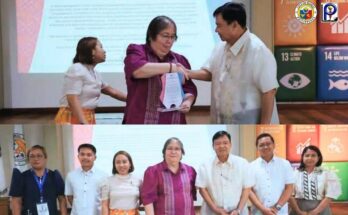Luxury travel segment leaders have voiced out their top three agenda for incoming Department of Tourism Secretary Wanda Tulfo – Teo, including establishment of relevant infrastructure to tourist destinations, international connectivity for inbound traffic and development of a national plan for sustainable tourism.
During a press conference for the upcoming Asia Premium Travel Mart (APTM), the group’s president Fe Abling – Yu said the rise in popularity of new destinations need relevant infrastructure to provide better accessibility, safety and convenience to tourists.
She also cited the need for international connectivity to the Philippines for inbound traffic of key tourism markets. “For instance, luxury travelers spend over 50% more than the average tourists and they stay longer. Promoting inbound traffic such as what we are doing with the APTM gathers more yield for the country’s economy,” she emphasized.
The group is expecting tourism receipts from high-yield luxury segment to amount to P7 billion over a three-year horizon cited by Villanueva. They also expect around 10,000 tourist arrivals after the first year and 60,000 tourist arrivals for the next three years.
The group’s spokesperson Edwin L. Villanueva also echoed the establishment and implementation of a strategic development plan for the Philippines towards a responsible and sustainable tourism industry, including powers to regulate tourism activities severely impacting our natural resources, indigenous people and culture and ensure inclusive economic development in tourist attractions communities.
He, however, said that “sustainable carrying capacity” of the country’s tourism assets and destinations should be given attention by major tourism stakeholders in order to minimize negative impact to our environment and local communities.
“The young affluent traveller seeks new luxury. Their thoughtful concern for the environment and appreciation for enriching experiences is driving us to reassess our programs. They are passionate about art, design, entertainment, gadgets, fashion, food and local customs. These should help define what is important. It is no longer an afterthought to be green – it is already expected of us,” he said.



